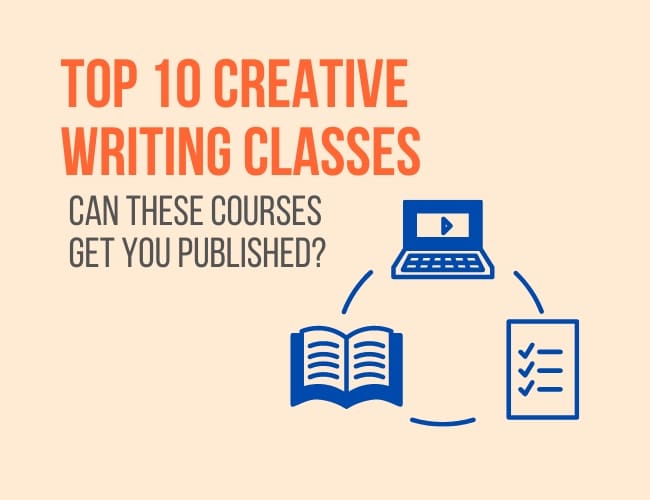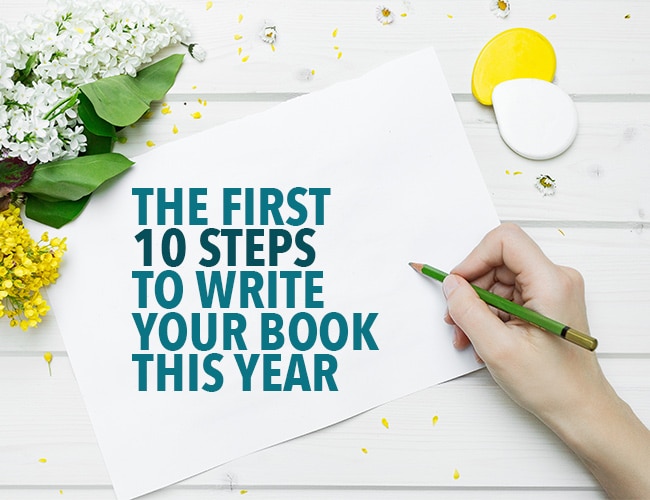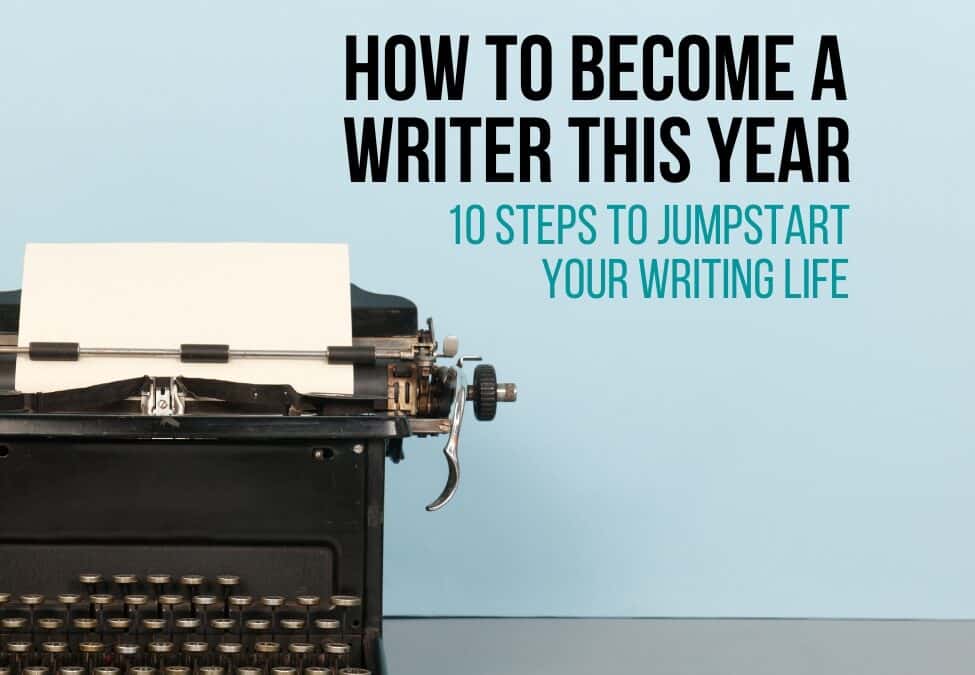
Over 70 of the Best Books For Writers (2026)
Looking for a book to take your writing skills to the next level? Today we’ve rounded up the best books for writers. See if your favorite book made the list!

Looking for a book to take your writing skills to the next level? Today we’ve rounded up the best books for writers. See if your favorite book made the list!

Have you ever finished writing a draft of your book, only to ask yourself, “Now what?”
Maybe you’ve stared at your 50,000+ words wondering which parts work, which don’t, and how to transform this draft into something publishable.
I’ve been there. It once took me more than a year to even begin to figure out what was wrong with my book. And I know from so many writers in our community, who have invested months or even years in finishing their draft, but then weren’t sure what to do next.
In this post, I’m sharing my Twig dev edit review to help you decide if this virtual developmental edit could become the first step after you finish your book.

If you want to transform from aspiring writer to published author, you might be thinking maybe a few creative writing classes would help. But with so many classes out there, which ones should you take? After all, if you’re like me, you have a limited amount of time and money to invest in your writing.
Which creative writing classes should you take to give you the best chance of accomplishing your writing goals and getting published?
In this post, we’re going to review the top creative writing classes so that you can make an informed decision. We’ll also talk about the different types of courses, how to evaluate them, and give you tips to get the most out of the ones you choose to take.

Do you have an amazing book idea but not sure what to do with it? Are you hoping to write a book? Is 2026 the year you finally accomplish your dream?
A new year is a time for fresh starts and audacious goals. And if your goal this year is to write your book, you’re not alone.
One year is the perfect length of time to develop a writing schedule, meet your daily word count goal, and publish a book.
To do this, however, it’s worth listening to some writing tips on how to write a book. In this article, I’ll share ten practical steps that will help you find the writing time you’ve always wanted—and finally write (and finish) that book begging for your attention!

So you want to become a writer.
Perhaps you write because it makes you feel alive. Perhaps you read a book that made you think, “It must feel amazing to write something like this. Maybe I could be a writer.” Perhaps you feel like you can’t not write.
So then, how do you do it? How do you become a writer?